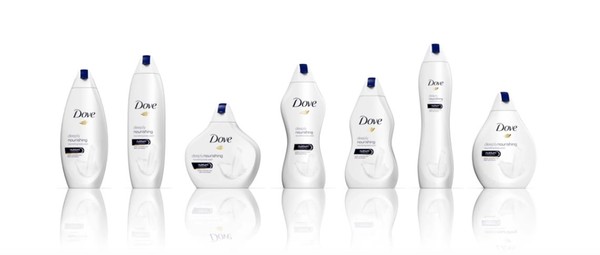It’s a strange feeling to be living through a major historical event that will leave unfathomable implications for years to come, and COVID-19 has been seeping into every nook and cranny of our lives. The most obvious side effect of the pandemic is feeling like Rapunzel, trapped in my small bedroom all week, further exacerbating my vitamin D deficiency. But one joy of the lockdown is that I now have to put only very minimal care into my appearance. It has been the longest period of time in which I have not applied any makeup or shaved my body hair since I started either of those routines.
In fact, makeup sales have plummeted due to the virus — with more working from home, less social interactions, and the usage of masks making it unnecessary and undesirable to apply products on our face. Cosmetic companies are seeing up to 22% decrease in sales compared to last year, according to the market research firm NPD Group. And seeing my pock-marked face and hairy legs reminds me more than ever of the unattainable nature of ethereal beauty that modern culture imposes on us, especially on women.
While the standards rise ever higher, social media is also seeing a resurgence of the body positivity movement: loving your body as is, all strings attached. But this too stems at least in part from the push for more consumerism in beauty culture — from a cynical perspective, the fat acceptance movement was profit-driven. Celebrities and models flocked to remind people to “love our body of all shapes and sizes”. Companies like Dove jumped on the bandwagon to showcase their new models with “photoshop-less” figures. But for many, it’s difficult to swallow this “support” when the ones giving it are those who profit the most from the rigged system of human aesthetics.

While the body positivity movement looks great on the surface, it has disconnected from reality. It becomes entirely disingenuous to tell people to embrace their bodies while society carries on not doing the same. And with the current bite-sized, easily consumable form of the movement, only certain types of so-called “ugliness” are lauded; stretch marks but not hair, and yes, plus-size, but not too plus, and comments of “You look great even without makeup!”.
The body neutrality movement, which took off in 2015, shifts the conversation away from discussing beauty as an inherent value. It asks, “Why do we need to be beautiful?”. The term rose to the surface after numerous celebrities started adopting it, such as Jameela Jamil most recently. It is clear that a lot of us are simply not conventionally good-looking; we may never love the reflection in the mirror we see every morning. We will see others and judge and grade. It’s instinctual. But we don’t have to love the body that we have. We don’t have to try to force the narrative into believing we are beautiful, because we are not, and it does not matter. That is the basis of the body neutrality movement. It rejects the idea of proving a person’s worth based on their body.
At the end of the day, the notion of beauty has nothing to do with the actual corporeal being. It’s about yearning to be desirable. You may derive happiness from meeting such societal expectations. But if you’re exhausted from the race of achieving unattainable ideals, then just exit the track. You can’t lose a game you don’t play.

